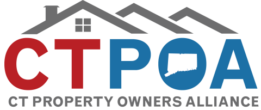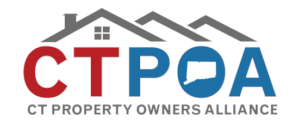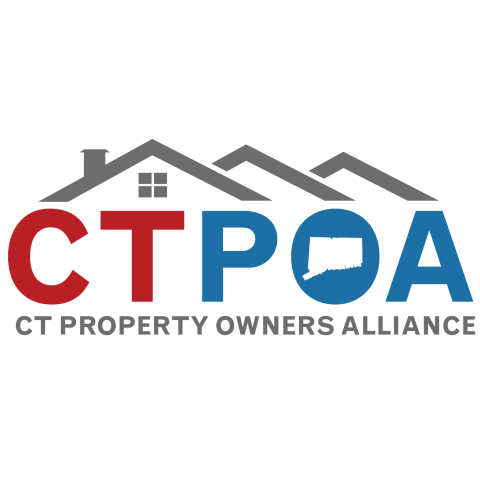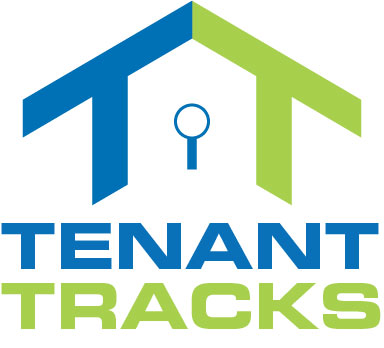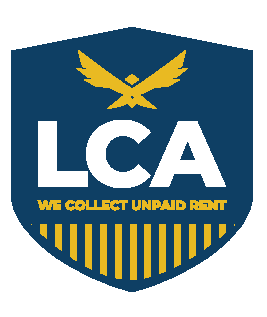In the world of Connecticut real estate, effective communication is the cornerstone of a successful landlord-tenant relationship. Clear and consistent communication fosters trust, prevents misunderstandings, and ensures a smooth rental experience for everyone involved. But navigating the best methods and setting expectations can sometimes feel tricky. This blog post dives deep into communication strategies specifically tailored for CT landlords, equipping you with the tools to build strong relationships with your tenants.
Why Communication Matters
Before delving into specific tactics, let’s explore the benefits of prioritizing communication as a landlord. Here are some key reasons:
- Reduced Conflict: Clear communication minimizes misunderstandings and misinterpretations, preventing disputes over lease terms, maintenance requests, or rent payments.
- Timely Maintenance: When tenants readily communicate maintenance issues, you can address them promptly,avoiding bigger problems down the line.
- Improved Tenant Retention: Happy tenants are more likely to stay long-term. Effective communication shows you value them and fosters a sense of partnership.
- Positive Reputation: A reputation for responsiveness and professionalism attracts quality tenants and simplifies future rentals.
Preferred Communication Methods for CT Landlords
Now, let’s explore the different communication channels available and their ideal uses:
- Email: This is the preferred method for most non-urgent communication. It allows for clear documentation of the conversation and gives both parties time to thoughtfully respond. Use email for lease agreements, rent receipts,maintenance requests (with photos if applicable), and general inquiries.
- Phone Calls: Phone calls are best suited for urgent matters requiring immediate attention, such as major leaks or security concerns. Following up an email with a phone call can also be a good strategy to ensure a message is received.
- Text Messaging: Texting can be a convenient way for quick back-and-forth communication, but use it sparingly and for non-critical issues. Always follow up with a confirmation email for important information.
Setting Realistic Response Timelines
Tenants naturally expect timely responses to their inquiries. Here’s a practical guideline for setting expectations:
- Urgent Requests (e.g., water leaks, safety hazards): Respond immediately or within a few hours at most.
- Maintenance Requests: Aim to respond within 24 business hours and schedule repairs within a reasonable timeframe, depending on the severity of the issue.
- General Inquiries: Respond within 1-2 business days.
Proactive Communication Strategies
Communication shouldn’t be solely reactive. Here are ways to be proactive and build trust:
- Welcome Package: Provide a welcome package upon move-in with clear communication guidelines, including preferred contact methods and response timelines.
- Regular Updates: Schedule periodic check-ins (e.g., quarterly emails) to inquire about tenant well-being and proactively address any concerns.
- Community Building: For multi-unit properties, consider hosting community events to foster a sense of belonging and encourage tenant interaction.
Effective Communication Tips for CT Landlords
Here are some additional tips to elevate your communication game:
- Be Professional and Courteous: Maintain a professional and respectful tone in all communications, even during challenging situations.
- Be Clear and Concise: Avoid ambiguity. Clearly state your expectations and requests, and ensure the tenant understands the next steps.
- Be Empathetic: Acknowledge tenant concerns and show empathy.
- Document Everything: Keep a record of all communication, including emails, phone calls, and texts.
- Maintain Boundaries: While being responsive, establish boundaries around communication hours (e.g., no late-night calls for non-emergencies).
Utilizing Technology
Technology can be a powerful tool to streamline communication and improve tenant satisfaction. Consider these options:
- Online Tenant Portal: An online portal allows tenants to submit maintenance requests, pay rent online, and access important documents electronically. This provides 24/7 access to information and simplifies communication for both parties.
- Property Management Software: For landlords managing multiple properties, property management software can centralize communication, track maintenance requests, and automate tasks.
Conclusion:
Effective communication isn’t simply about responding to emails and phone calls. It’s about fostering a collaborative environment where both landlord and tenant feel valued and respected. By implementing these communication strategies,you can build strong relationships with your Connecticut tenants, ultimately leading to a smoother and more successful rental experience for everyone involved.
Bonus Tip: Consider including a “Communication Guidelines” section in your lease agreements. This can outline preferred communication methods, response timelines, and contact information for both parties.
Additional Resources for CT Landlords
- Join CTPOA for only $99/year and get instant access to countless webinars, resources and special invites.
- Connecticut Department of Consumer Protection Landlord/Tenant Rights: https://www.jud.ct.gov/lawlib/law/landlord.htm This website provides valuable information on landlord-tenant rights and responsibilities in Connecticut.
By taking the time to refine your communication strategies, you can build a positive and productive relationship with your tenants. Remember, a little effort goes a long way in creating a successful and rewarding rental experience for everyone involved.
